Elon Musk shared his thoughts on the future of jobs and the government’s role in a rapidly changing society.
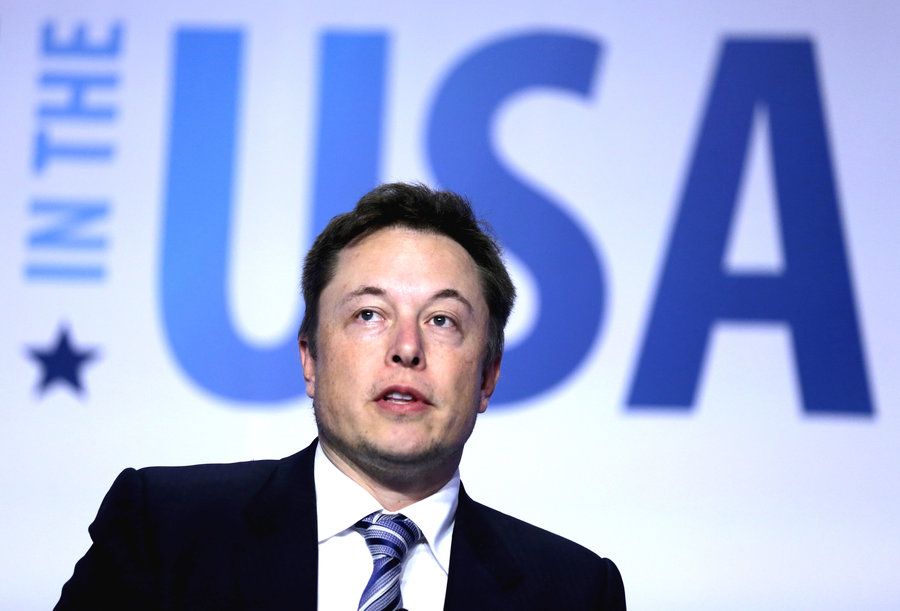

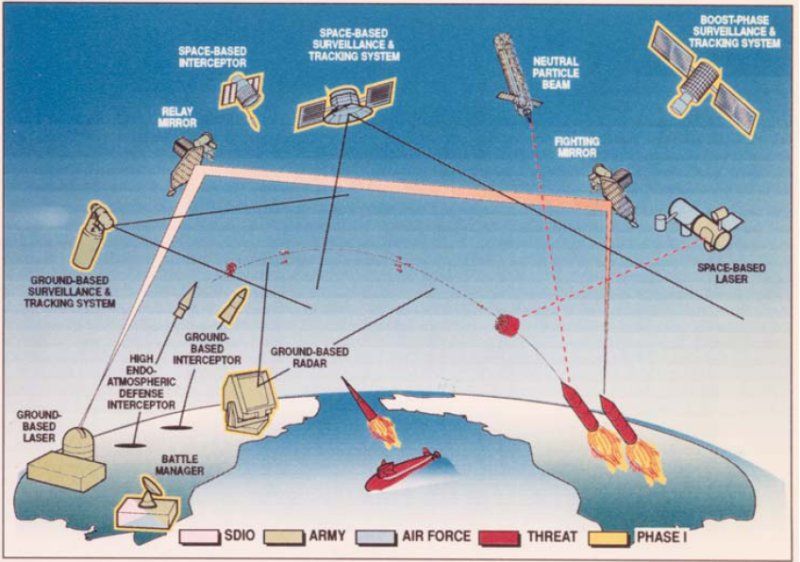
Forget super-AI. Crappy AI is more likely to be our downfall, argues researcher.
The past couple of years have been a real cringe-y time to be an AI researcher. Just imagine a whole bunch of famous technologists and top-serious science authorities all suddenly taking aim at your field of research as a clear and present threat to the very survival of the species. All you want to do is predict appropriate emoji use based on textual analyses and here’s Elon Musk saying this thing he doesn’t really seem to know much about is the actual apocalypse.
It’s not that computer scientists haven’t argued against AI hype, but an academic you’ve never heard of (all of them?) pitching the headline “AI is hard” is at a disadvantage to the famous person whose job description largely centers around making big public pronouncements. This month that academic is Alan Bundy, a professor of automated reasoning at the University of Edinburgh in Scotland, who argues in the Communications of the ACM that there is a real AI threat, but it’s not human-like machine intelligence gone amok. Quite the opposite: the danger is instead shitty AI. Incompetent, bumbling machines.
In the hope of creating a ‘human-AI’ cyborgs, Elon Musk has revealed that Tesla may be working on computers that can be implanted into people’s brains.
The astonishing revelation came in response to a tweet, asking Musk if he was working on ‘neural lace’ – a way of installing computers into the human brain.
It is not known what the brain chip could be used for, but Musk has previously said that it will be the ‘thing that really matters for humanity to achieve symbiosis with machines.’
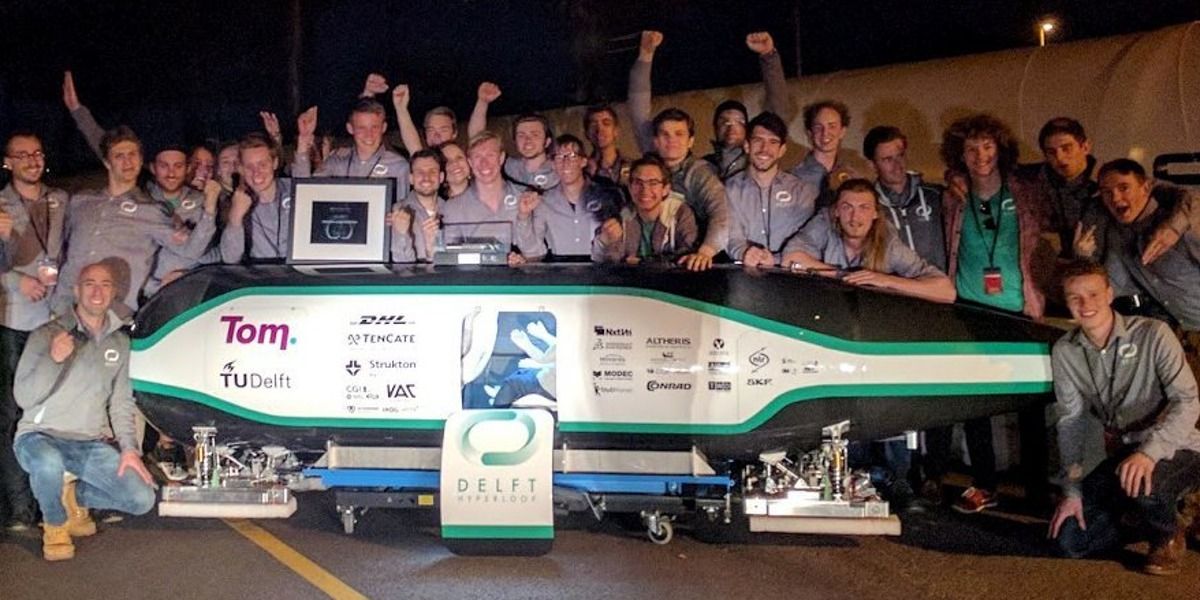

Neural lace. A brain implant. Such a thing must be separate enough that if the lace is hacked nothing happens to your brain. Otherwise no deal.
In nearly the same breath as he shared updates on his plans to dig tunnels, Elon Musk also noted he’s looking to hopefully share more on his progress with developing a “neural lace” next month. That’s a technical term for direct cortical interface, and it’s something that the SpaceX and Tesla CEO takes very seriously, in case you thought he might just be having a laugh.
Musk discussed the potential of a functional neural lace at Recode’s Code conference last year, speaking earnestly about its benefits in terms of being able to help humans keep pace with advancements in AI that threaten to render us vastly inferior to complex virtual intelligences.
@BelovedRevol Maybe next month.
Tesla and SpaceX founder Elon Musk told CNBC on Friday that economies would most likely need a form of ‘universal basic income’ as more and more industries become automated.
» Subscribe to CNBC: http://cnb.cx/SubscribeCNBC
About CNBC: From ‘Wall Street’ to ‘Main Street’ to award winning original documentaries and Reality TV series, CNBC has you covered. Experience special sneak peeks of your favorite shows, exclusive video and more.
Connect with CNBC News Online
Get the latest news: http://www.cnbc.com/
Find CNBC News on Facebook: http://cnb.cx/LikeCNBC
Follow CNBC News on Twitter: http://cnb.cx/FollowCNBC
Follow CNBC News on Google+: http://cnb.cx/PlusCNBC
Follow CNBC News on Instagram: http://cnb.cx/InstagramCNBC
Elon musk: moving toward universal basic income due to automation | CNBC
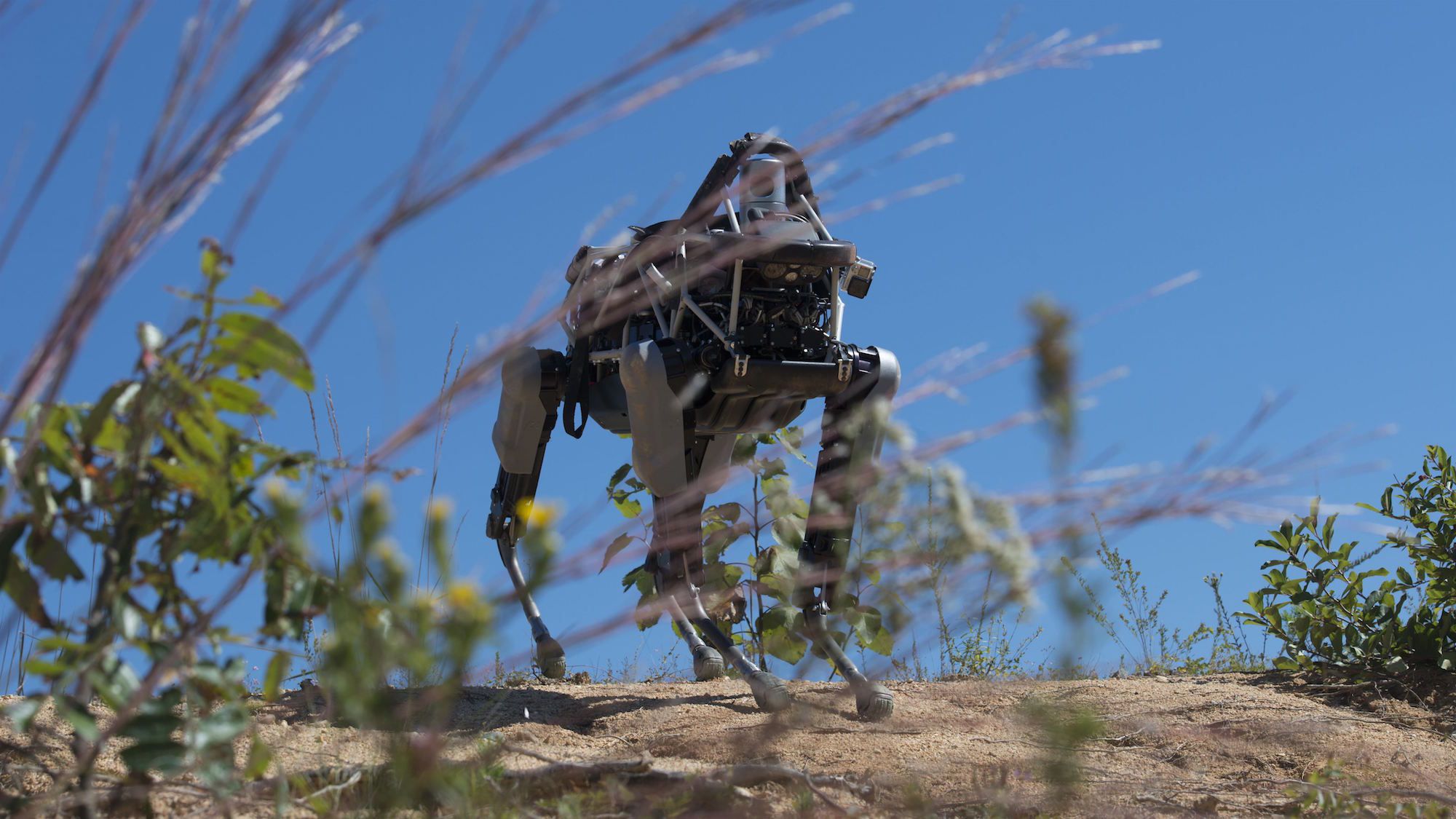
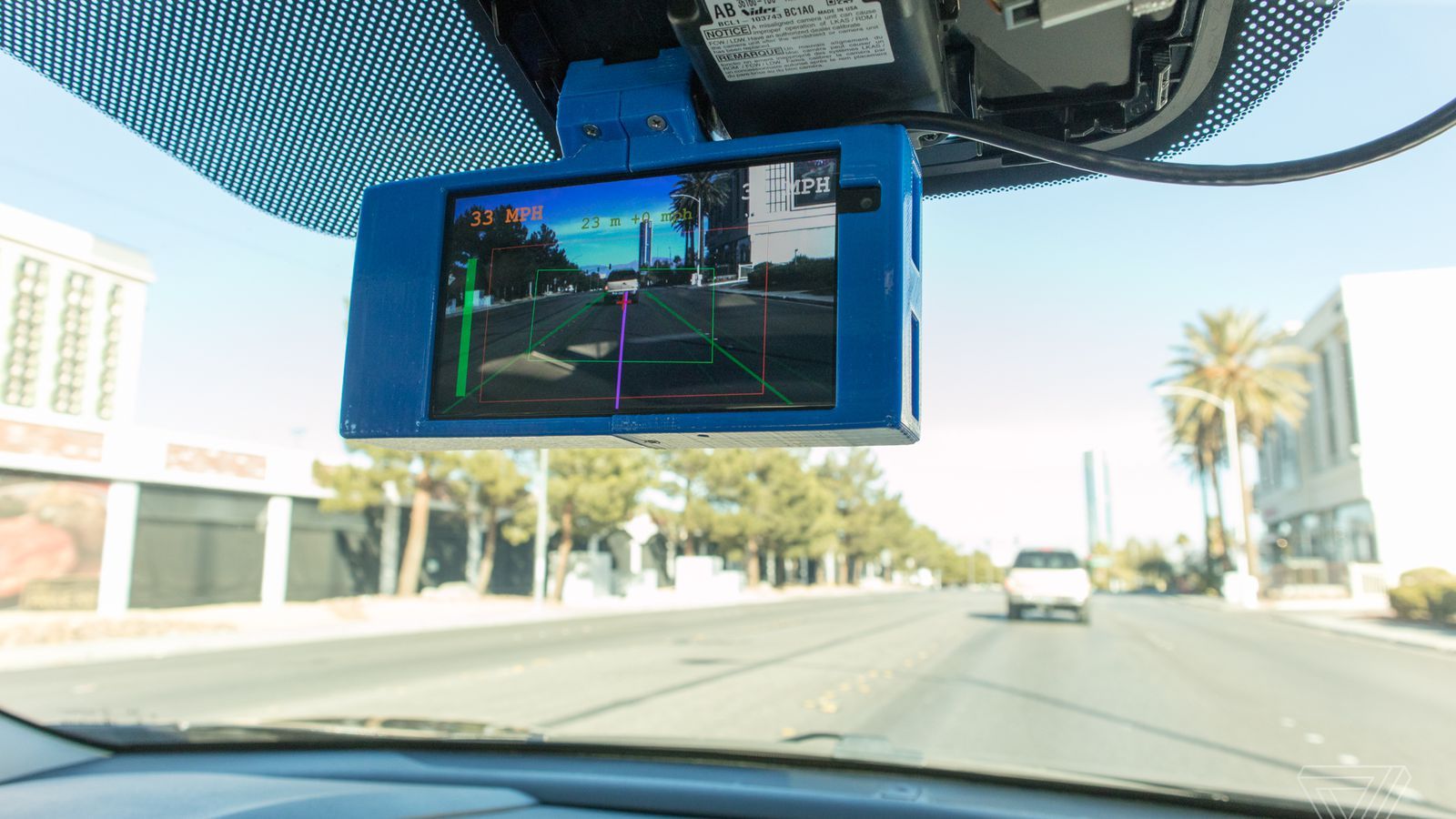
In late 2015, iPhone and PlayStation 3 hacker George Hotz teased a project that sounded like a dream: his new company would produce a $1,000 consumer product that could grant your car semi-autonomous capabilities. Eleven months and one terse letter from the National Highway Traffic Safety Administration later, Hotz killed the project.
About a month after that, Hotz resurrected it as a two open-source efforts, splitting the hardware and software of the self-driving tech he had created with the rest of his company, Comma.ai. Hotz always talked like he wanted to start a DIY car revolution to take on the car industry (and Elon Musk especially). Open sourcing the plans only increased the chances of it happening.
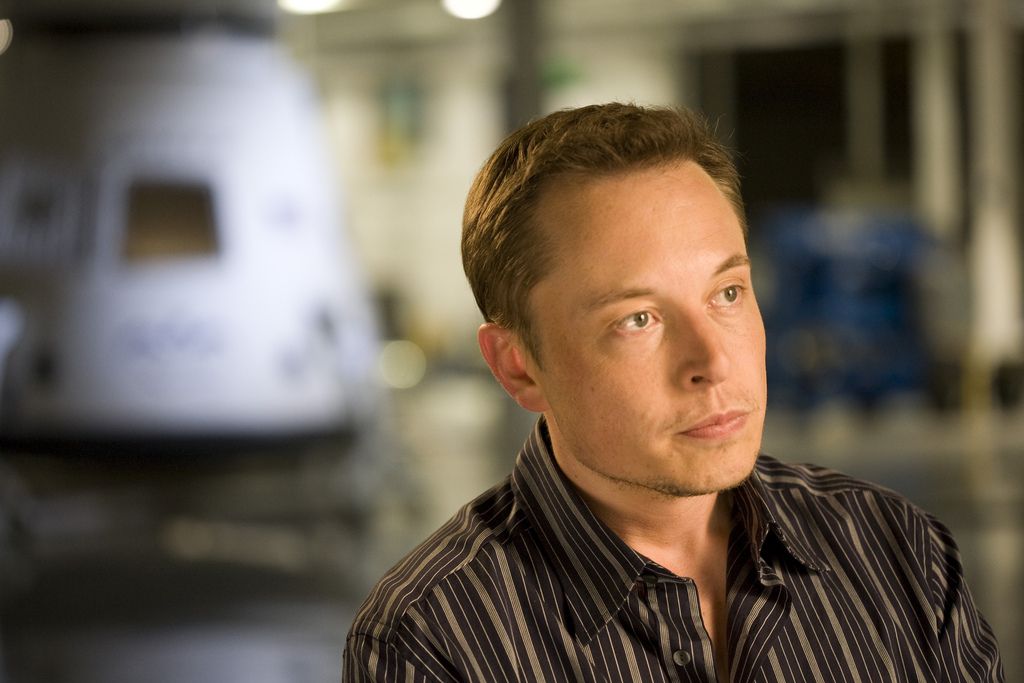
Entrepreneur’s Space X agency files request for $10bn project with the FCC and says internet speeds globally will reach 1Gb/s.
The man who wants to take humans to Mars also wants to connect the whole of planet Earth and bring digital equality across the globe.
Elon Musk’s Space X spacial agency has requested to the US Federal Communications Commission (FCC) authorisation to launch 4,425 satellites which would be used to provide connectivity to the more than 7.2 billion humans on Earth.